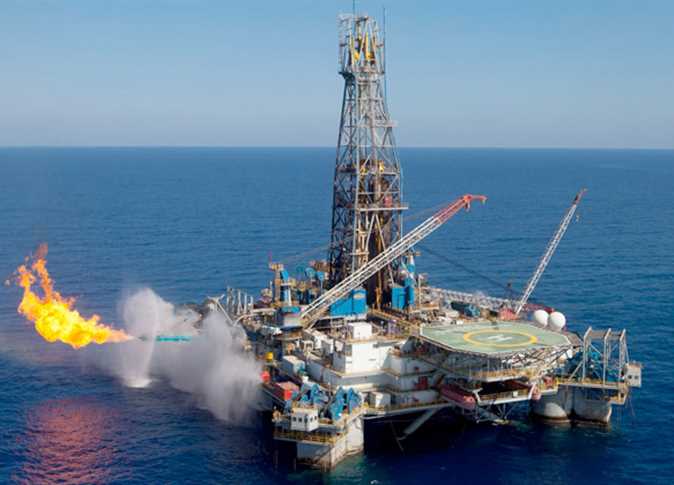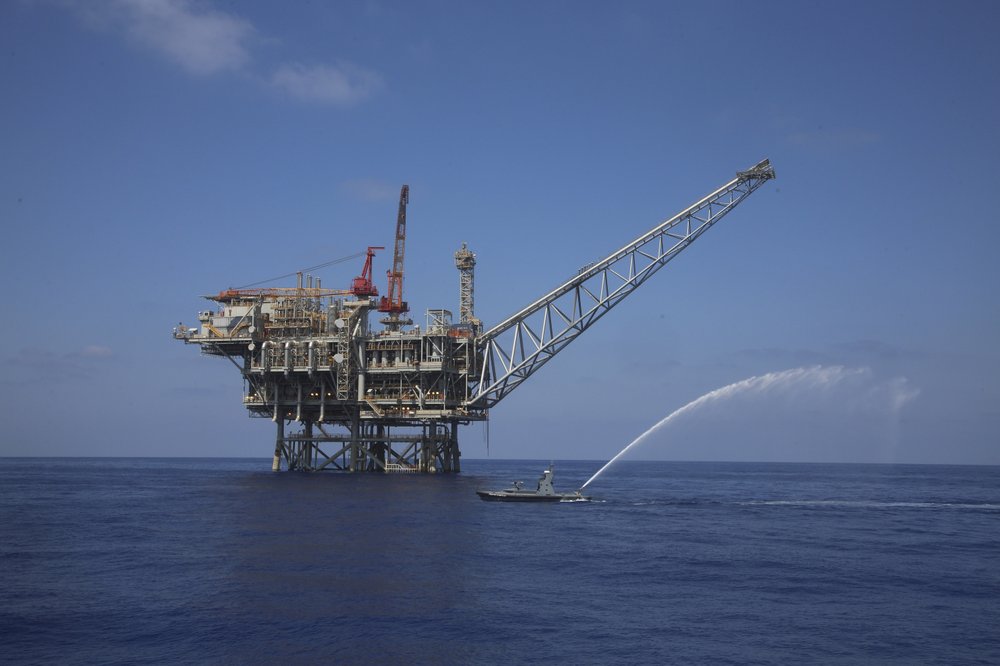Washington–A presidential commission probing the Gulf of Mexico oil spill said Tuesday that industry practices must be overhauled and a tough new safety watchdog set up to avoid a repeat of the disaster that killed 11 men and caused huge environmental damage.
"The central lesson to be drawn from the catastrophe is that no less than an overhauling of both current industry practices and government oversight is now required," the panel said in a report released after a six-month probe.
An explosion in April 2010 on the BP-leased Deepwater Horizon rig off the coast of Louisiana spewed a record 4.9 million barrels of toxic crude into the Gulf before the gushing Macondo well was capped three months later.
The impact is still being felt in the region, where oil washed up on beaches, tainted fragile marshlands, caused the authorities to close down vast areas of water to commercial fishing and shrimping, and crippled tourism.
In its final report, a commission set up by President Barack Obama said that while there was uncertainty as to how much several immediate faults had contributed to the blowout, the root causes of the disaster were clear.
The panel blamed "systemic" failures in oil industry safety practices and weaknesses in government policies meant to enforce safety rules and said both must be reformed or an accident like Deepwater Horizon might recur.
It called for tough measures, urging that the government "create an independent agency within the Department of the Interior with enforcement authority to oversee all aspects of offshore drilling safety."
The panel of lawmakers and environmentalists put some of the burden for change on the oil industry, calling on it to "dramatically increase" safety standards and for companies to police each other.
"That's what the aviation industry does, that's what the nuclear industry does, and one would have assumed that an industry as sophisticated as the oil and gas industry would do that as well," said Frances Beinecke, president of the Natural Resources Defense Council and one of the members of the commission.
NRDC director Peter Lehner and other environmentalists said the report was a good place to start to avoid a repeat of the Deepwater Horizon tragedy.
"We can't undo the damage or bring back the lives we've lost, but we can learn from our mistakes. This report is the right place to start," said Lehner.
"The industry must end its culture of complacency and start putting safety first. Congress must strengthen the protections we need to keep our workers, waters and wildlife safe. And the administration must make sure those who enforce vital safeguards have what they need to do the job."
Marilyn Heiman, director of the Pew Environment Group’s offshore energy reform efforts, said energy exploration would be "far safer" if US officials heeded the report's recommendations.
But Thomas Pyle, president of the American Energy Alliance, rejected the report's assertion that the problems that led to the Gulf disaster were industry-wide.
"All the evidence in the report points to a complete and total failure by the legally responsible leaseholder, BP, to operate within industry best practices.
"The broad and unsubstantiated accusation on the entire oil and gas industry is irresponsible when one considers that literally thousands of jobs are on the line in the Gulf, should the bureaucratic hold on offshore drilling continue," said Pyle.
A deepwater drilling ban imposed by the Obama administration in the Gulf after the accident was lifted in October, but no new exploratory permits have been issued.
The 400-page report was dedicated to the 11 men who lost their lives on the BP-leased rig on 20 April last year, "in the hope that this report will help minimize the chance of another such disaster ever happening again."



